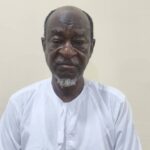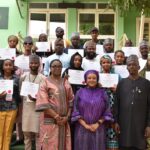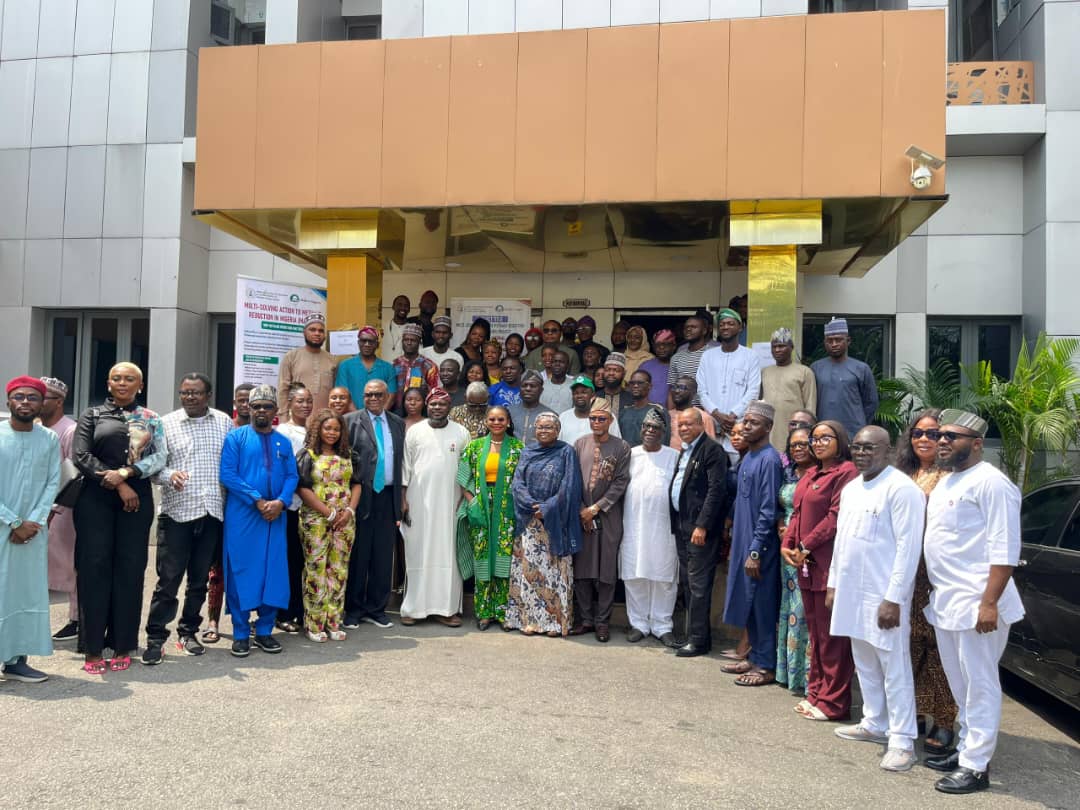By Abigael Joshua
The Federal Government and stakeholders have restated commitment to addressing methane emissions through a multi-pronged strategy by 2030.
The Project title is “Multi-solving Action to Methane Reduction in Nigeria” with focus on cities like Lagos, Abuja, Jos and Benin.
Lawal, who was represented by Dr Asmau Jibril, an Assistant Director, Department of Climate Change in the ministry, said that Nigeria has updated the Nationally Determined Contributions (NDCs) and long-term low-emission development strategies.
This, he said, would reduce heat-taped methane emissions from oil and gas operations by 60 per cent by 2030.
“Methane is a coated greenhouse gas with a global warming potential more than 80 times that of carbon dioxide over a 20-year period.
He added that complementing these policies milestones, the ministry established sector-specific and a national action plan to reduce the short-lived climate pollutants.
“By addressing methane emissions, particularly from Nigerian oil and gas, waste and agricultural sectors, is imperative for safeguarding public health, protecting our environment and meeting our international climate commitments.
“The department has been actively integrating methane reduction targets.
“This gathering signifies the peaceful journey to a Nigerian sustained journey towards climate resilience and sustainable development,” the minister said.
Dr Babatunde Ajani, the General Manager of the Lagos State Environmental Protection Agency (LASEPA) said that the agency recognises that achieving Nigeria’s target of 30 per cent methane reduction by 2030 demands coordinated, sub-national participation.
“We are building an ecosystem of innovation, collaboration and climate accountability through initiatives such as the Land Carbon Registry, the Air Quality Monitoring Network, across all local government areas.
“The economic solution, Lagos State continues to demonstrate that sub-national entities can deliver measurable, data-driven climate action that complements national commitments under the Global Methane Pledge and the Paris Agreement.
“We affirm our readiness to contribute expertise, share lessons and concrete frameworks that strengthen, maintain data infrastructure, enhance dump sites management and promote cross-sectional integration across the waste, energy and agricultural value chains.
“As an agency, LASEPA remains steadfast in advancing policies and partnership that accelerate climate resilience, green jobs and environmental sustainability in Lagos and beyond,” Ajani said.
Mr Yusuf Kelani, Special Assistant to the President on Climate Matters, said that data mapping will give quick access to know certain stakeholders that are actively engaged in certain areas of activities.
“There are quite a lot of empowerment opportunities in turning “Waste to Wealth” and also trapping the methane and actually making use of them to regenerate other things.
Kelani said that dump sites are seen as something of threat to the communities but they are working to put these wastes into possible uses for people, especially young people, the women and those who are very active within the ecosystem.
Also on his part, Mr Aliyu Awal, Director, Communication and Strategy Partnership, Waste Pickers Association of Nigeria (WAPAN), said that the association was committed to partnering on converting waste into opportunity and reduce methane emissions to secure a healthier environment for all.
“This gathering is not only strategic but historic. It plays national purpose on one of the most critical contributors to climate change.
“WAPAN has introduced a groundbreaking waste pickers digitalisation app designed to formally integrate waste pickers into the national climate architecture.
“We are final on this commitment to partner with governments and development agencies to implement practical data-driven community-centred solutions that will transform waste management into visual climate action pathways,” Awal said.
Dr Leslie Adogame, Executive-Director, Sustainable Research and Action for Environmental Development (SRADev) Nigeria, said that it is estimated that Nigerians produce a huge tonne of wastes.
“In most cases we are struggling as a country on how to either dispose or use the wastes. Most of the time disposal of wastes are being done by individuals thereby causing additional problems.”
Mr Abdulrahman Yusuf, a representative from the Abuja Environmental Protection Agency (AEPB), said that the engagement demonstrates the Federal Government’s sustained commitment to climate action and practical realisation of Nigeria’s methane reduction goals under the Global Methane Pledge.
“It also reflects a welcome emphasis on evidence-based coordination, which is critical for aligning diverse climate initiatives. Methane is one of the most potent greenhouse gases,” he said. (NAN)(www.nannews.ng)
Edited by Sadiya Hamza












